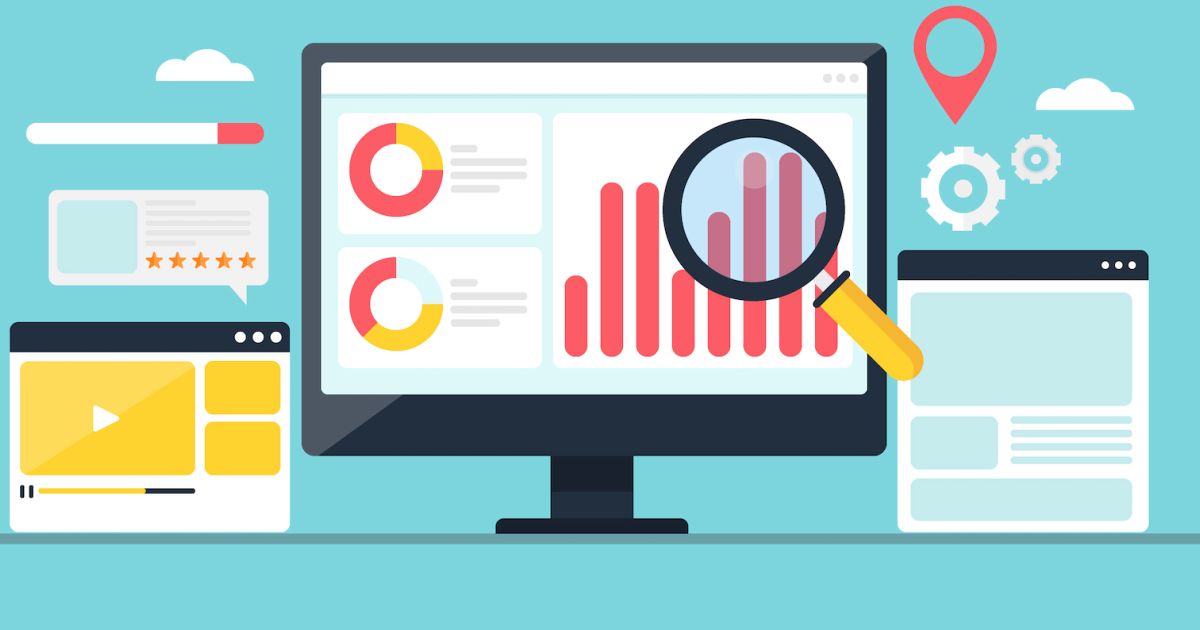Before we discuss how your small business can prevent phishing attacks, let’s start by understanding how phishing works. Phishing primarily is a method that hackers use to get sensitive and important information, by tricking users, typically by sending an email. The email may say that one has won a big lottery, for which bank details are needed, or they may be asked to send some money to claim their reward. In some phishing emails, there is a tendency to scare the user, or often cause panic, saying that their account or website has been hacked. When similar hacks are used through phone, it is called vishing, or via text messages, it is known as smishing.
So, how can your business prevent phishing attacks? Here are some measures to consider.
- Train your employees. Your employees are your strongest link in ensuring security, and also the weakest one, unfortunately. Let your teams and employees know what phishing attacks are all about, and show them a few examples of social engineering and phishing emails. Also, it is wise to set a line for what they are allowed and what they are not.
- Use an email spam filter. There are some really good spam filters out there, which can spot phishing emails, and can also alert when there is a suspicious file in an email. Spam filters combined with ad-blockers can be really handy for tackling phishing and malware attacks. You can also consider using an antimalware software on all networked devices.
- Use multifactor authentication. Sometimes, an employee will make the inevitable mistake of sharing details with the scammer, and if that happens, MFA ensures that your IT resources, devices are protected. Consider adding a second or third layer of protection, so that you can actually thaw an attempt of authorized access.
- Focus on BYOD policies. In the current pandemic situation, chances are high that a part of your workforce is working from home and using their personal devices to access company assets and networks. Ensure that a VPN is made mandatory, and ask employees to place their devices behind firewalls.
Finally, find ways to increase password protection. This could be in form of changing passwords frequently, adding unique elements and characters to passwords, and using a password management tool. There is no way to be entirely immune to phishing attacks, but being proactive and preventing careless internet browsing do help in staying protected.










